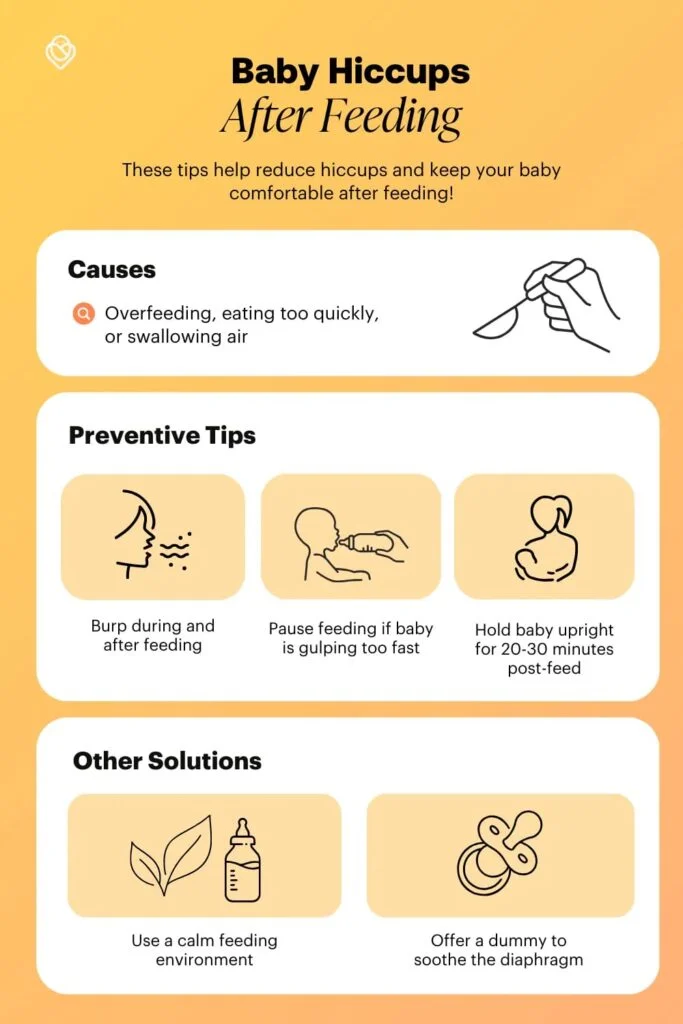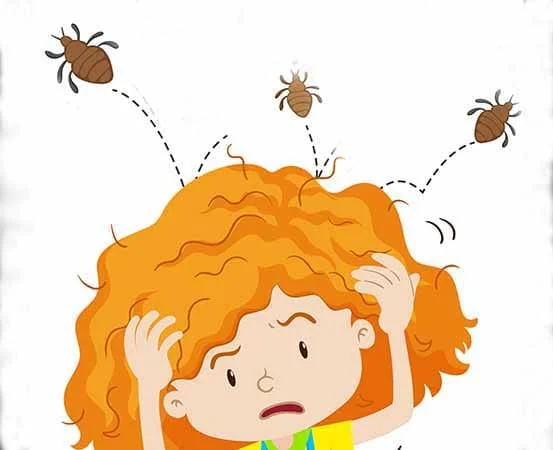
Introduction
Frequent nosebleeds in children can be alarming for parents, but they are usually not a serious medical concern. Nosebleeds, or epistaxis, occur when the delicate blood vessels inside the nose rupture due to various factors such as dry air, nose picking, or underlying health conditions. Understanding the causes, prevention methods, and Ayurvedic remedies can help effectively manage and reduce the occurrence of nosebleeds in children.
In this blog, we will cover:
- What causes frequent nosebleeds in children?
- Are nosebleeds dangerous?
- How to prevent nosebleeds in kids?
- Best Ayurvedic remedies for nosebleeds
- Foods to include and avoid
- Frequently Asked Questions
What Causes Frequent Nosebleeds in Children?
Nosebleeds are common in children due to the fragility of nasal blood vessels. The most common causes include:
- Dry Air & Low Humidity: Dry indoor air, especially during winter, can dry out nasal passages and make them prone to bleeding.
- Nose Picking: Frequent nose picking can irritate and rupture blood vessels.
- Allergies & Colds: Nasal congestion, frequent sneezing, and irritation can lead to nosebleeds.
- Infections & Sinusitis: Bacterial or viral infections can cause nasal inflammation and bleeding.
- Frequent Use of Nasal Sprays: The Overuse of decongestant nasal sprays can dry out the nasal lining.
- Exposure to Pollutants & Irritants: Smoke, dust, and strong chemical odors can irritate the nasal lining.
- Minor Injuries or Trauma: A bump or blow to the nose while playing can cause bleeding.
- Vitamin Deficiencies: Lack of vitamin C and K can weaken blood vessels.
- Underlying Medical Conditions: Rarely, frequent nosebleeds may indicate clotting disorders or other health conditions.
Are Nosebleeds Dangerous?
In most cases, nosebleeds are not dangerous and stop within a few minutes. However, frequent or heavy nosebleeds may require medical attention. Seek a doctor’s advice if:
- The bleeding lasts longer than 10-15 minutes.
- Your child experiences frequent nosebleeds without an apparent cause.
- There is excessive blood loss or signs of anemia (pale skin, fatigue, dizziness).
- Nosebleeds are accompanied by easy bruising or prolonged bleeding from cuts.
How to Prevent Nosebleeds in Kids?
Preventing nosebleeds involves taking simple precautions to maintain nasal health.
- Keep the Air Moist: Use a humidifier in your child’s room to prevent dryness.
- Apply Coconut or Ghee Inside Nostrils: Lubricating the nasal lining helps prevent cracks and bleeding.
- Encourage Gentle Nose-Blowing: Teach your child to blow their nose gently to avoid irritation.
- Trim Nails & Discourage Nose Picking: Keep nails short to minimize trauma from nose picking.
- Ensure Proper Hydration: Drinking plenty of fluids keeps the nasal passages moist.
- Limit Exposure to Irritants: Reduce exposure to dust, smoke, and allergens.
- Improve Nutrition: Provide vitamin C, K, and iron-rich foods to strengthen blood vessels.
Best Ayurvedic Remedies for Nosebleeds
Ayurveda recommends natural solutions to cool the body and strengthen blood vessels.
- Pitta-Pacifying Herbs: Since nosebleeds are linked to excessive heat (Pitta dosha imbalance), cooling herbs help:
- Amla (Indian Gooseberry): Rich in vitamin C, it strengthens blood vessels.
- Sandalwood Paste: Applying a thin layer of sandalwood paste on the forehead helps cool the body.
- Mulethi (Licorice) Soothes nasal irritation and prevents bleeding.
- Nasal Drops (Nasya Therapy):
- A few drops of warm ghee or sesame oil in each nostril keep nasal passages hydrated.
- Coriander & Rosewater Mix:
- Mix fresh coriander juice with a few drops of rosewater and apply to the forehead for instant cooling.
- Cold Compress:
- Applying a cold cloth or ice pack on the nose helps constrict blood vessels and stop bleeding.
- Hibiscus & Lotus Tea:
- These cooling teas reduce body heat and prevent nosebleeds.
Foods to Include and Avoid for Nosebleed Prevention
Best Foods for Preventing Nosebleeds
- Coconut Water: Hydrates and cools the body.
- Amla (Indian Gooseberry): Rich in vitamin C, strengthens blood vessels.
- Pomegranate Juice: Improves blood circulation and prevents anemia.
- Ghee: Lubricates and nourishes the nasal lining.
- Spinach & Leafy Greens: High in vitamin K for blood clotting.
Foods to Avoid
- Spicy & Oily Foods: Increase Pitta dosha, making bleeding more frequent.
- Processed Foods: Lacking essential vitamins needed for blood vessel health.
- Caffeine & Soft Drinks: Can cause dehydration and nasal dryness.
Frequently Asked Questions (FAQs)
1. How long should a child’s nosebleed last?
With proper first aid, most nosebleeds stop within 5-10 minutes. If bleeding continues beyond 15 minutes, seek medical help.
2. What should I do immediately when my child has a nosebleed?
Make your child sit up, tilt their head slightly forward, and pinch the soft part of the nose for 5-10 minutes.
3. Can dehydration cause nosebleeds?
Yes, dehydration can dry out nasal passages, making them more prone to bleeding.
4. Should my child lie down during a nosebleed?
No, lying down can cause blood to flow into the throat and may lead to choking or nausea.
5. How can I tell if my child’s nosebleeds are serious?
If your child experiences frequent, heavy nosebleeds or has other bleeding symptoms (easy bruising, prolonged bleeding), consult a doctor.
6. Can allergies trigger nosebleeds?
Yes, allergies can cause nasal inflammation, frequent sneezing, and irritation, leading to nosebleeds.
7. Is it safe to use petroleum jelly inside the nose?
While petroleum jelly can provide moisture, Ayurveda recommends natural alternatives like ghee or coconut oil.
8. Can stress or anxiety cause nosebleeds?
Yes, stress can raise blood pressure, which may contribute to nosebleeds in some cases.
9. Are nosebleeds hereditary?
Some bleeding disorders that cause frequent nosebleeds can be genetic, but occasional nosebleeds are not typically inherited.
10. How can I strengthen my child’s nasal blood vessels?
Providing vitamin C, iron, and hydration helps maintain strong blood vessels and prevents frequent nosebleeds.
Affiliate Links: Ayurvedic Remedies for Nosebleeds
To naturally support your child’s nasal health, check out these Ayurvedic remedies:
- Organic Amla Powder for Blood Vessel Strength – Buy Now
- Coconut Oil Nasal Drops (Nasya Therapy) – Buy Now
- Cooling Hibiscus & Lotus Tea for Pitta Balance – Buy Now
- Humidifier for Dry Air Relief – Buy Now
Final Thoughts
Frequent nosebleeds in children can be managed effectively with proper hydration, Ayurvedic remedies, and dietary changes. By addressing underlying causes and maintaining nasal moisture, you can significantly reduce the occurrence of nosebleeds in your child. If nosebleeds persist despite precautions, consult a pediatrician.
Stay calm, follow Ayurveda, and check your child’s nasal health!


